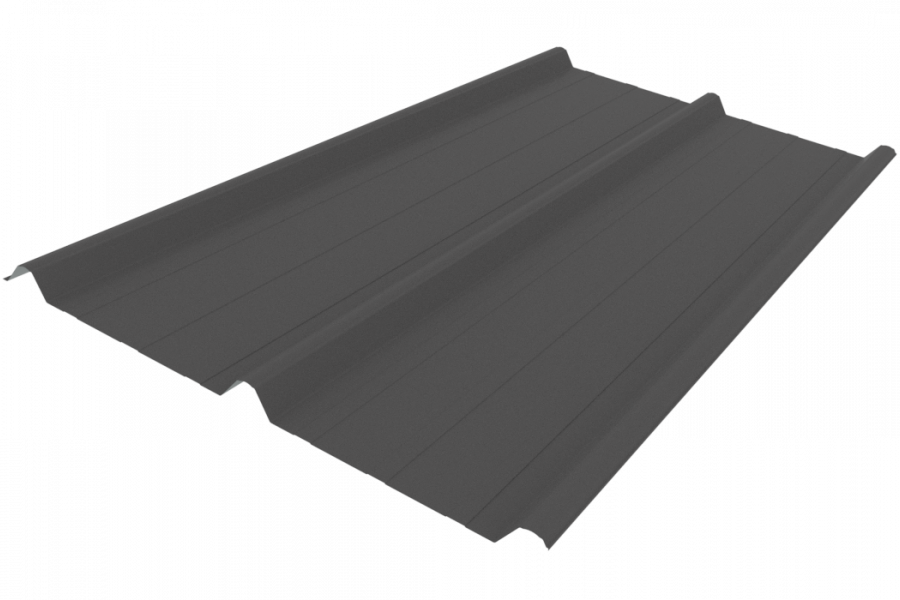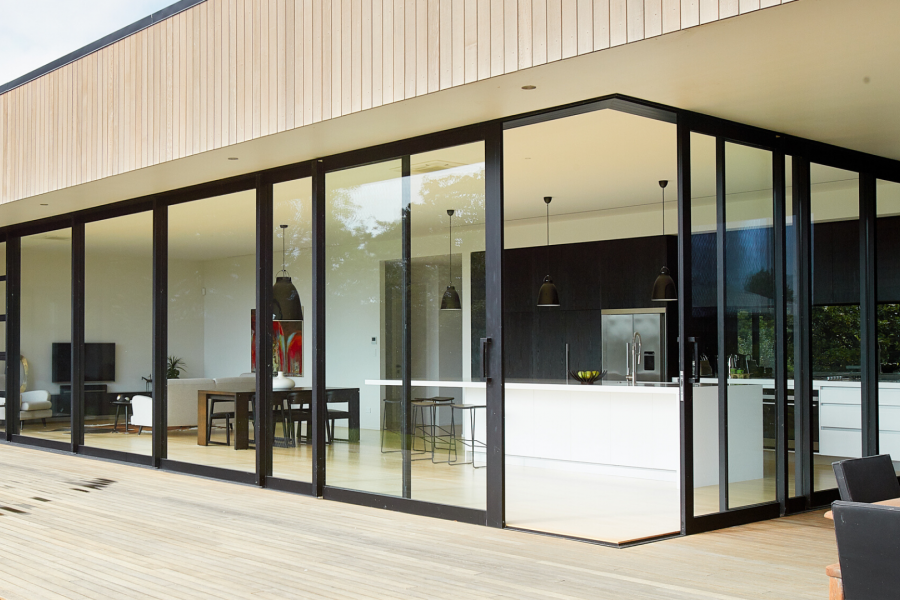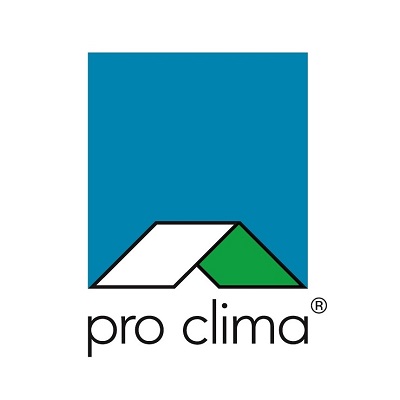It's part of my daily role with PrefabNZ to inform, educate and advocate for changing the way we deliver buildings towards bigger chunks — panels, pods and parts. Seven years ago we thought it was a technical issue — build it and they will come. We soon realised that it was a cultural change issue — everyone is quite comfortable with the status quo, so an extremely compelling argument must be offered in order to change.
It’s not enough that prefabrication can be measurably better, faster, safer, smarter and greener than traditional 200 year old construction techniques. It also needs to be easier and cheaper to get your attention.
When bigger chunks of buildings are fabricated in controlled conditions away from the building site, there are tangible benefits to specifiers — known costs, known timeframes, known quality. A happy client will come back for more.
But the first few times you use larger pieces and parts, like prebuilt panels and pods, it will be a new experience. You will need to learn from those who have done it before, and rely on the information supplied by product and process providers. Luckily, others have been there before, and learnings from Europe, the UK and North America are readily transferable. Recent panel technologies in NZ like Structurally Insulated Panels (SIPs) and Cross Laminated Timber panels (CLT) have a 50+ history in the other hemisphere.
As a comparison, when I was training for the Olympics (snowboarding in 1998 at Nagano, Japan), athletes were encouraged to go beyond 150% for creating uncomfortable physical experiences when trying new techniques — the point was that if it felt awkward and downright 'bad', then it was probably a step towards a 'good' change. When was the last time you took an innovation-based risk and felt 150% outside your comfort zone?
We were in that outer zone the other week, when Australian provocateur and industry commentator, David Chandler, led PrefabNZ’s first-ever Business Optimisation MasterClass.
We were in seriously uncharted territory — never had we entered that space where business and construction meet up in a learning environment. As David said, we must have felt like we were at the top of a steep mountain ski run, blind-folded. Yes, quite.
David is a prolific writer — check out his articles at Sourceable and constructionEDGE. He posed to us that in order to optimise and prepare for future business, we needed to think like 'fast fish' — move quickly, nimbly, responsively to customers, and swim together. That way we will outswim the more clumsy 'slow fish'. What type of fish do you want to be?
You could take an introspective look at your business and see if you can ask some of the questions David asks in a recent Sourceable article, 'Is this a Business?'.
Modern construction businesses will need to have a clear path to future consumers and be already embracing digital change. We either disrupt or get disrupted.
Future design and construction businesses will be influenced by these disruptive business models:
- Mass customisation — think digital fabrication where every output is personalised for the customer
- Shared economy — think Uber and Airbnb that unlock spare capacity and challenge the status quo delivery channel to customers
- Products as services — think Eboss and Productspec that deliver personalised bundles of information to your inbox
- Services as products — think Makers of Architecture that combines architecture and manufacturing, and UNIpod that bundles products into a pre-designed open-source bathroom / kitchen service pod
If you've kept reading, then you might want to just keep on reading:
- 'Smarter Faster Better' by Charles Duhigg
- 'Oversubscribed' by Daniel Priestley
- 'Innovation as Usual: How to Bring Great Ideas to Life' by Paddy Miller
- 'Running Lean: Iterate from Plan A to a Plan that Works' by Ash Maurya
- 'Originals: How Non-Conformists Move the World' by Adam Grant
- 'When Did Disruption Become a Good Thing?' by Melissa Clark-Reynolds and Dr Antony Pelosi
Written by Pamela Bell, founder of PrefabNZ.
Pamela is a consultant for innovation in the built environment. For more information, visit her website.






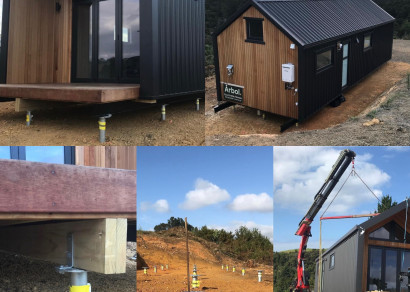


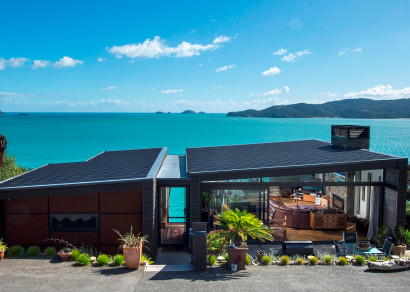
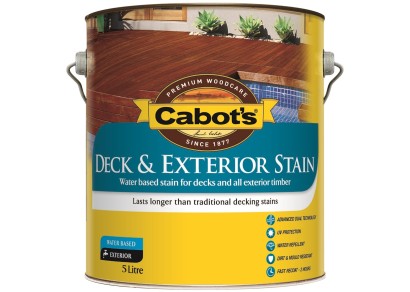


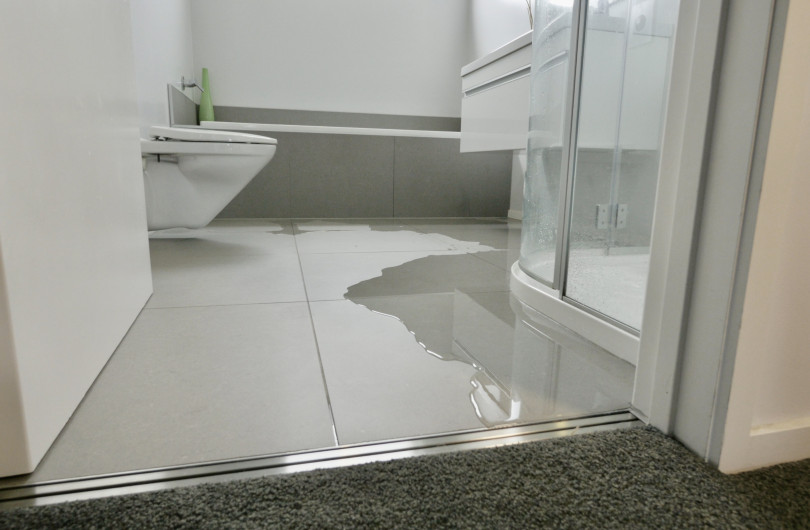
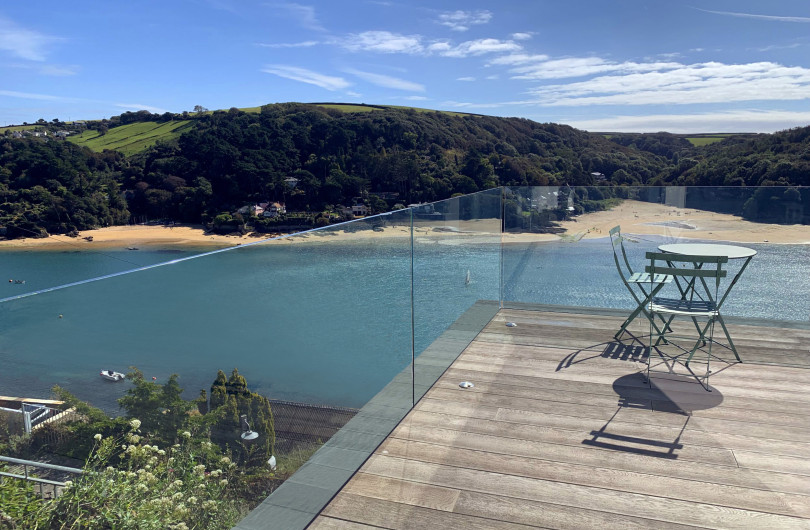
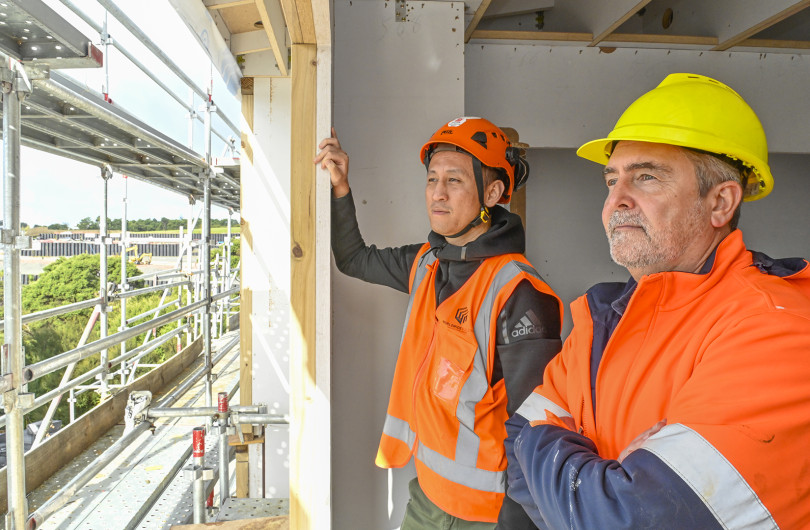


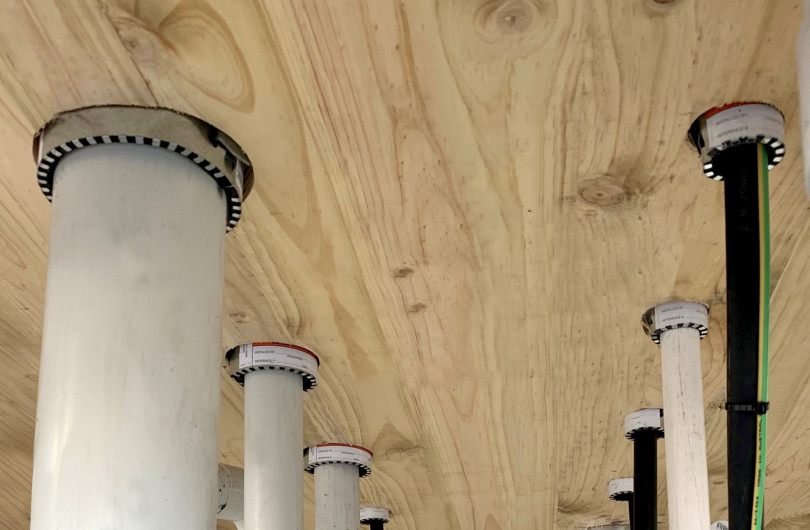

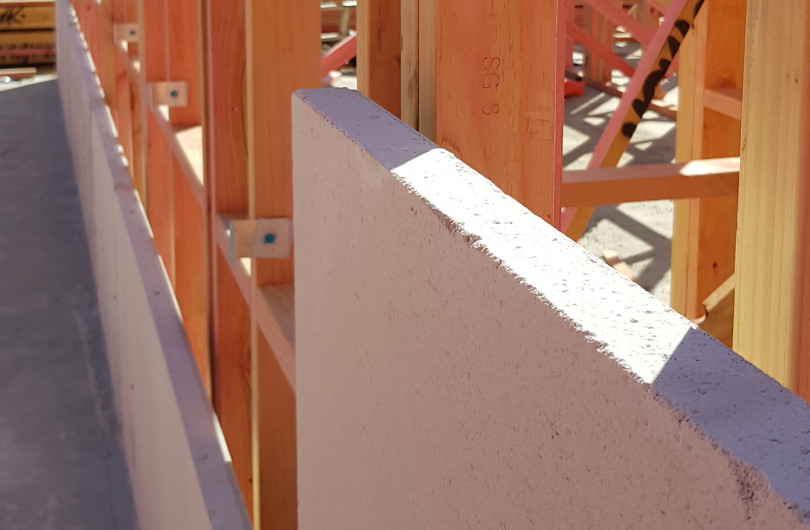



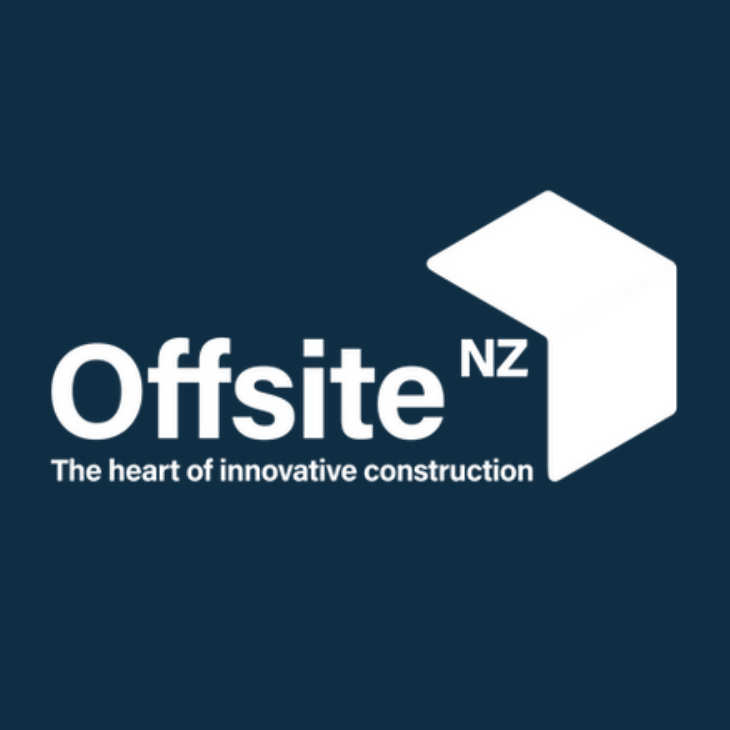



 Most Popular
Most Popular Popular Products
Popular Products
